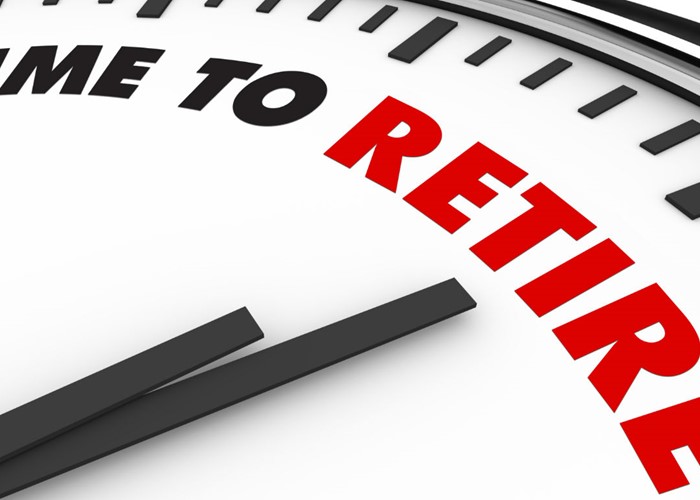Millions of self-employed people have no pension

New research finds over four in ten self-employed people have no pension savings whatsoever.
There are now record numbers of self-employed people in the UK but more than two out of five have no pension savings, according to a new report by Prudential.
More worryingly, the 43% who said they didn’t have any pension provision said they couldn’t afford to save for their retirement.
There are now 4.6 million self-employed people, according to Office for National Statistics figures, who make up 15% of the workforce.
Only 17% of self-employed people say they regularly make contributions to a pension, while less than one in ten do so when they have some spare cash.
Yet interestingly, those who do pay into a pension regularly make higher average contributions each year than those in employment, at £4,230 a year compared to £3,600.
How lovemoney's new Plans tool can help you plan for a richer financial future
Why aren't people saving?
The main reason people gave for not saving was they couldn’t afford to, either because they have other financial priorities or they simply don’t have the money.
Younger people are far more likely to not be paying into a pension than their older counterparts.
Of the people who do have a pension, over two-thirds (69%) have a personal pension, while 16% have company pensions and 17% have self-invested personal pensions (SIPPs).
There are huge regional variations in the number of self-employed people who have pensions. Only a fifth of self-employed people in Scotland don’t have one, compared to over half (56%) of those in eastern England.
How lovemoney's new Plans tool can help you plan for a richer financial future
The importance of saving for retirement
Many people who work for companies now have a workplace pension. But experts are warning of a ‘pensions gap’ between them and people who don’t, either because they’re self-employed and so have to sort one out for themselves, or because they don’t earn enough to qualify for a workplace pension.
While older self-employed people can look forward to a State Pension of around £8,000 a year at current rates, there’s no guarantee this will be around for future generations. And State Pension age is likely to increase in the future too.
Being self-employed means there are other options available rather than just straightforward savings. You may be planning to ultimately sell off your business to fund your retirement.
Or you may be putting off saving for now while you pump as much money into your business as possible, as is the case for nearly one in ten self-employed people according to the Prudential study.
Yet studies consistently show the power of compound interest, the cumulative effect of interest on interest, is greater the earlier you start saving.
So even if you can only put a small amount away each month it can still build into a decent-sized pension, providing you don’t wait too long to start.
You need to start by thinking about how much money you might need in retirement then work out how much you need to save to achieve that. Our guide How to work out how much you need to save for retirement can help.
How lovemoney's new Plans tool can help you plan for a richer financial future
More on planning for retirement:
How to work out how much you need to save for retirement
Comments
Be the first to comment
Do you want to comment on this article? You need to be signed in for this feature